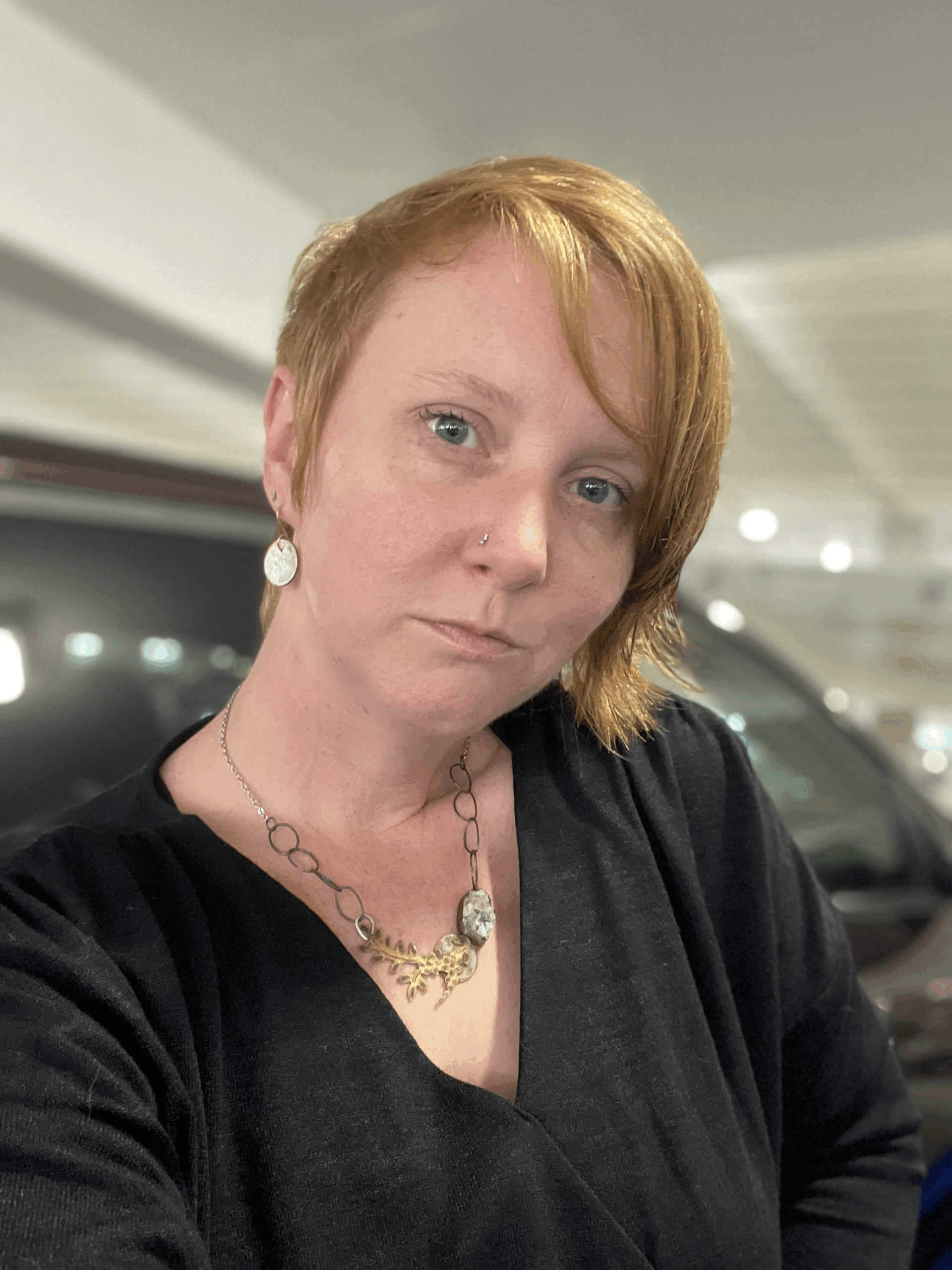By Jessamyn Moxie
“They tried to bury us; they did not know we were seeds.”
– Dinos Christianopoulos
At a time when we’re being buried, I’m dreaming of what we’re going to grow into. Being with other LGBTQ+ researchers helps that vision to take shape.
Research can be a competitive and lonely world, and my imposter syndrome troll shows up the loudest around other bi+ researchers. I’m a bisexual woman who does work with LGBTQ+ communities, including bisexual women, and parents of all identities. As a qualitative researcher, sometimes I feel useless or too niche, and find myself generally in awe of some of the social justice advocates doing LGBTQ+ work. Yet I have always found that many of these LGBTQ+ researchers welcome me with warm embraces (thanks to all of the queer folks in professional spaces wearing funky haircuts, comfy shoes, cool accessories, etc.) and they have become one of my queer families.
During this time, the fear of persecution is a vicious streak running through many of my networks. I’m a professor who’s out as a queer person—we are on this administration’s list of undesirables. Faculty are discussing alternative career paths and international job markets. As friends wanted to share job postings or approaches to visas in other countries, however, I have turned down these particular opportunities for connection. As of this writing, today, I feel deeply committed to staying in North Carolina, in part for those who can’t leave, and in part for a state that is woven into my bones. I’m grateful for the clarification that comes in the face of the fear. I also know that the fear is by design and can hinder our abilities to resist.
I lost the first NIH grant I’ve ever had as Principal Investigator in March. It was a grant to train people to respond more supportively when an LGBTQ+ person talked to them about experiencing sexual violence. The project was to enhance community for LGBTQ+ people, especially when formal supports (e.g. police, sexual violence response organizations) may not be affirming. The funding mechanism, an R15 grant, was specifically to train students in research. We were proud of the supportive mentorship model we used in our lab; our students said they could feel the comfort and comradery between our team members compared to others when they presented at a conference alongside other student researchers.
The grant was terminated because it no longer “effectuated NIH’s priority areas.” NIH’s prioritization of LGBTQ+ research does not have a long history, and the NIH Sexual and Gender Minority Research Office was only created in 2015. Talking about the terminations and how they affect our local area (for example, $1 of NIH money translates into $2.56 of economic return) in various media outlets has also built community connections. People who hear us speak at rallies on the radio are reaching out to talk about potential collaborations. I’m grateful for these new bridges and for the chance to build my media skills.
After the termination, it was easier to engage differently at the conferences than I had before. I too often sit quietly, become overloaded with information and people, and/or critique things in my head rather than glean what I can from a presentation. This time around, I pushed myself to stay engaged and notice the opportunities for connection. I found community with other people doing LGBTQ+ research who had funding cancelled or were waiting for the termination notices. The conferences gave us a forum to share our experiences and learn from those at other institutions. I reveled in the ways I saw people opening themselves to others—signs attached to posters that said “This is #terminatedscience” or sessions added to conferences about how we want to strategize in this funding landscape. At the conferences, I also found community with people who weren’t doing LGBTQ+ research but were also navigating funding terminations. In the grief of these losses, I noticed how we consoled one another across our issues. The marginalization of our groups, regardless of identity, brought us together.
I am ready for the resistance that does the same—unites us in community across issues to end the destruction of infrastructure and supports in our country. A few weeks ago, I was conducting a focus group with gender-diverse individuals. A participant shared that they were excited for what we were going to create from this historical moment. I don’t know what that will be, but I know we have to start envisioning something better than we had before. And that community is absolutely necessary for making it happen.
Jessamyn Moxie, PhD, is an Associate Professor in Epidemiology and Community Health at UNC Charlotte. She is also the Assistant Director of the UNC Charlotte Violence Prevention Center. She’s a bisexual white middle-aged cisgender woman from the south. Jessamyn’s research focuses on sexual health and resilience among marginalized populations, especially LGBTQ+ folx. She’s the daughter of an art teacher and incorporates visual art methods into data collection and dissemination, with a current passion for zines.

